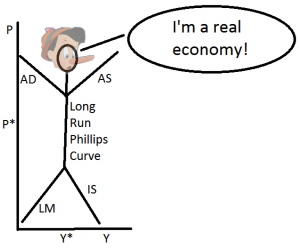By Glenn Stehle
Analyzing the nexus of war, economics, and society is a fascinating undertaking. War is the deployment of the state’s instruments of violence — the military and the police. So instead of the nexus of war, economics, and society, we could just as easily speak of the nexus of state violence, economics and society. And since Alt chose to make his article a morality tale, I would like to continue in that vein.
The two moral prerogatives which Alt articulates are 1) utilitarianism and 2) equality. We see this, for instance, when he notes that Continue reading












